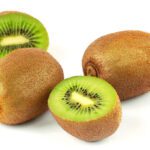
Rabbits are adorable, furry creatures known for their herbivorous diet, consisting primarily of hay, fresh vegetables, and pellets. As a rabbit owner, it’s essential to understand what foods are safe for your furry friend and which ones should be avoided. In this article, we’ll address the question on many rabbit owners’ minds: can rabbits eat raisins?

Yes, rabbits can eat raisins as they are considered safe for them. Raisins contains various nutrients that are crucial for bunnies to live a healthy life. However this teat is also high in sugar, therefore you must have to feed this treat to bunnies in moderation.
Before delving into the benefits of raisins, it’s crucial to grasp the basics of a rabbit’s diet. In the wild, rabbits primarily feed on grass, leafy greens, and other plant materials. Their digestive system is adapted to handle high-fiber, low-sugar diets, and their teeth continually grow to accommodate this type of food.
Rabbits are adorable and beloved pets that require a balanced diet to thrive. While hay, fresh vegetables, and pellets are essential for their wellbeing, occasional treats can also affect their overall health. Raisins, a popular dried fruit, can be a tasty and nutritious addition to a rabbit’s diet. We will explore the health benefits of raisins for rabbits, highlighting their nutritional value.
Raisins are not only tasty but also offer several essential nutrients for rabbits. They contain vitamins such as vitamin C, vitamin E, and vitamin K, which are important for immune function and blood clotting, respectively. Raisins also provide minerals like calcium, potassium, copper, iron, and magnesium, contributing to overall health and vitality. Adding raisins to your rabbit’s treat rotation can help diversify their nutrient intake.
Raisins are rich in dietary fiber, making them an excellent natural choice to support a rabbit’s digestive system. Fiber helps maintain a healthy gut and regulates bowel movements, preventing common digestive issues such as constipation or diarrhea. Including a few raisins in your rabbits improves their overall digestive health.
Antioxidants are healthy substances that help shield cells from cellular damage caused by dangerous free radicals, and raisins are a rich source of them. Antioxidant-rich diets for rabbits may lower their chance of developing chronic diseases and boost their immune systems. By including raisins in their diet, you can provide your rabbits with a natural dose of antioxidants that will improve their general health.
Fructose and glucose, two natural sugars found in raisins, can provide rabbits with an energy boost. For active or energetic rabbits, this can be especially advantageous as it encourages their levels of physical activity. To prevent consuming too much sugar, which might result in weight gain or other health problems, raisins should only be consumed by rabbits in moderation, despite the fact that they provide energy.
Offering raisins as a treat can provide mental stimulation for rabbits. The process of foraging and eating a small, chewy fruit like raisins can keep them engaged and entertained. Mental stimulation is crucial for rabbits, preventing boredom and promoting their overall wellbeing.
Raisins are a common dried fruit enjoyed by many humans, but their suitability for rabbits is questionable. While raisins may be harmless to humans, they can pose risks to rabbits due to their high sugar content and other factors. It’s important to note that rabbits have sensitive digestive systems, and introducing unfamiliar or unsuitable foods can lead to gastrointestinal upset and potentially more severe complications.
Feeding raisins in excess can have various negative impacts on their health.
The high sugar content in raisins can disrupt the delicate balance of a rabbit’s gut flora, potentially leading to digestive issues like diarrhea or bloating. Moreover, the concentrated sugars in raisins can contribute to tooth decay and obesity, which can harm a rabbit’s overall wellbeing.
When it comes to feeding raisins to your rabbit, moderation is key. While raisins can be a tasty and nutritious treat, they should be given sparingly to avoid potential health issues. When determining the appropriate portion size, it’s important to consider your rabbit’s size, weight, and overall health.
As a general guideline, it is recommended to limit the intake of raisins to a small portion, usually no more than one or two whole raisins two times per week. Remember that rabbits have sensitive digestive systems, and consuming excessive amounts of raisins or any sugary treats can lead to digestive problems, weight gain, or dental issues.
When introducing any new food to your rabbit’s diet, it’s essential to do so slowly and in small quantities. This approach allows you to monitor your rabbit for any adverse reactions or digestive upsets. Start by offering a tiny portion and gradually increase it over several days while watching for any signs of discomfort or changes in stool consistency.
As a responsible rabbit owner, keeping a close eye on your pet’s overall health is crucial. Regularly check their teeth for signs of overgrowth or dental issues and monitor their weight to prevent obesity. Additionally, observe their behavior and appetite to ensure they are thriving and not experiencing any digestive distress. If you have any concerns, consult a veterinarian with experience in rabbit care.
When it comes to feeding your rabbit, it’s best to stick to foods that are known to be safe for them. Fresh hay, such as timothy, orchard grass, or oat hay, should make up the majority of their diet. Additionally, leafy greens like kale, spinach, and romaine lettuce can be offered in moderation. High-quality pellets formulated specifically for rabbits can also be provided in controlled amounts.
Foods
Fortunately, there are numerous healthy alternatives to raisins that can serve as treats for rabbits. Fresh fruits like apple slices, banana pieces, or small amounts of berries can be given as occasional treats. However, moderation is key, as fruits also contain natural sugars. It’s important to introduce new foods gradually and monitor your rabbit’s response to ensure they tolerate them well.
Treats
FAQs
Baby rabbits should not eat raisins. Raisins, along with other dried fruits, are not suitable for young rabbits. The main reason is that raisins are high in sugar content, which can lead to digestive problems and an imbalance in the delicate gut flora of baby bunnies.
When rabbits are very young, their digestive systems are still developing, and their diets should be carefully controlled to avoid any potential health issues. Introducing high-sugar foods like raisins can disrupt their digestive balance and lead to complications such as diarrhea, bloating, or even obesity.
As rabbits grow older and their digestive systems mature, they may be able to tolerate a wider range of foods. However, even as adults, raisins should be given only as an occasional treat in very small quantities, if at all.
No, you should only feed raisins 2 times per week. Always avoid feeding treats daily that are high in sugar, like raisins.
For humans, raisins could be a delectable snack, but rabbits should not take this treat like humans. Raisins are safe for bunnies to consume. However, if consumed in excess, this same treat can be dangerous due to its high sugar content and can cause the possibility of gastrointestinal problems. Stick to a diet mostly containing fresh hay, leafy greens, and premium pellets to keep your rabbit healthy and well. Choose snacks that are safe for rabbits, such as little slices of fresh fruit. Keep in mind that a happy rabbit is a healthy rabbit.




